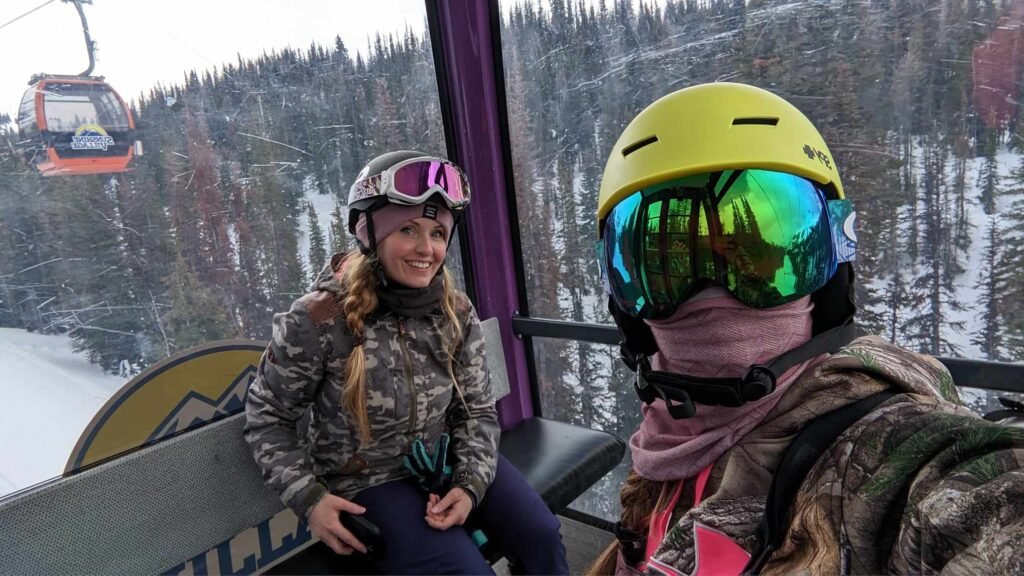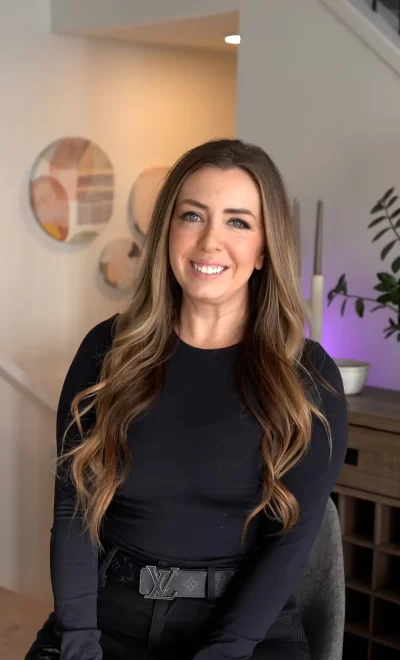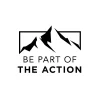
How I Started Snowboarding in My Thirties: You’re Never Too Old to Start!
I had just moved to a new town, and my husband was determined to take up a winter sport. For me, I’ve always had a pretty low tolerance for physical risk. Plus, I’ve never really been good at sports or considered athletic. Growing up, I was always the shortest, most uncoordinated, awkward kid, and, naturally, I made the worst teams.
What I Didn’t Realize About Sports Confidence
What I didn’t know back then was that people who seemed “better” than me often just had more confidence. They were willing to step outside their comfort zone, whereas I was always the first to give up. If I wasn’t good at something right away, I quit. I’d compare myself to others and assume everyone else learned quicker than me. Sadly, this mentality held me back from almost anything related to sports.
My First Attempt at Snowboarding
I tried snowboarding when I was 18, and my immediate reaction was, “Why am I paying for these bruises?” After a few falls and not mastering it instantly, I packed it in and thought, “This sport sucks. I’m done.” I assumed that was the end of my snowboarding career forever.
Fast Forward 15 Years: Snowboarding Again
Fast forward 15 years, and my husband convinced me to give it another go. We had friends who “encouraged” me to buy the gear and a season pass, so now I was financially invested. I thought, “Well, I’m older now, I work out more—this should be easier, right?”
Rookie Mistakes: Lessons I Learned the Hard Way
Our first snowboarding trip was to Lake Louise on opening day. No bunny hills were open, so everyone headed straight to the top of the mountain. I strapped on my board near a small hill, thinking, “I’ve got this.” I immediately fell. Tears welled up as I watched everyone else head to the chairlift, confidently gliding down the mountain. I took my board off and walked into the lodge, completely defeated.
Looking back, I made every rookie mistake in the book. I didn’t check what was open, I didn’t schedule a lesson, and I certainly wasn’t prepared for the challenge. Taking a chairlift on my first day (well, my first real attempt) was a terrible idea. My husband gave me a five-minute tutorial, and I thought that would be enough. Spoiler alert: It wasn’t.
The Turning Point: Getting Back on the Board
The next weekend, we went back, and this time, I was smarter. I checked to make sure the magic carpet (bunny hill) was open, and I got back on the board. I also gave myself grace. I knew I’d fall. I knew it wouldn’t be easy, and I knew I wasn’t going to master snowboarding in a day.
Over the next few weekends, I kept at it. I couldn’t connect my turns, and I was still frustrated. It took me over an hour to get down the mountain, but I was out there trying. The biggest thing I wished was that I’d been kinder to myself and stopped taking advice from friends who, let’s face it, weren’t professional instructors.
Why Snow Conditions Matter
Eventually, I started making progress—until we went to Revelstoke. The conditions were icy and cold, and I had no idea how much snow conditions could affect snowboarding. Instead of calling it quits, I kept pushing myself. That decision led to some serious self-loathing. What I wish I had known? Even experienced riders struggle when conditions are bad. You can’t beat yourself up over it.
Game Changer: Taking a Lesson
After Revelstoke, I finally took a lesson. I felt stuck both mentally and physically, and the bad habits I’d developed were holding me back. That single lesson was a game changer. It showed me how much I’d been struggling unnecessarily by trying to learn on my own.
If you’re already financially invested in the gear and passes, spending a bit more on lessons is worth it. You’ll progress faster and enjoy the sport more.
Progress Over Perfection: Snowboarding Solo
After that lesson, I kept practicing. I didn’t wait for others to join me. I drove to the mountains solo and had many “training days” where I focused on technique. Some days were great, and others not so much, but I knew that time on the board was what would make me better, stronger, and more confident.
Choosing the Right Snowboard for You
One thing I learned was that having the right board makes a huge difference. I started with a soft, flat board that was perfect for learning, but once I could connect my turns, I realized it wasn’t ideal for the icier conditions I often rode in. Choosing the right board for your skill level and the snow conditions can make all the difference in your progress.
Heading Into Year Three
I’m now heading into my third year of snowboarding, and I’m definitely not a pro. But there are very few runs that intimidate me anymore. I’m planning on taking more lessons to keep improving and continuing to invest in equipment that suits my needs.
Conclusion: Snowboarding Takes Time, Patience, and Persistence
The key to snowboarding is giving yourself time to learn, taking lessons, using the right equipment, and being consistent—even when you don’t feel like it. Snowboarding isn’t something you get good at overnight, but once you’ve got the basics, the learning curve levels out quickly.
If you’re scared to start, trust me, I was too. But despite the tears, the frustration, and the self-doubt, I don’t regret it for a second. Learning something I once thought was impossible gave me confidence in so many other areas of my life.
I hope everyone gets to experience the feeling of mastering something they thought they could never do—it’s truly life-changing.
ABOUT THE AUTHOR
Jayde Syrnyk
Meet Jayde Syrnyk. Professional marketer by day – adventure enthusiast by night. After growing up in the flat lands of Saskatchewan in 2021 Jayde, her husband and two dogs decided to move near the mountains to a town they had never been to before. Since moving they have fallen in love with mountain sports and have grown a passion for sharing their passions online encouraging others to step outside their comfort zone and be part of the action.

